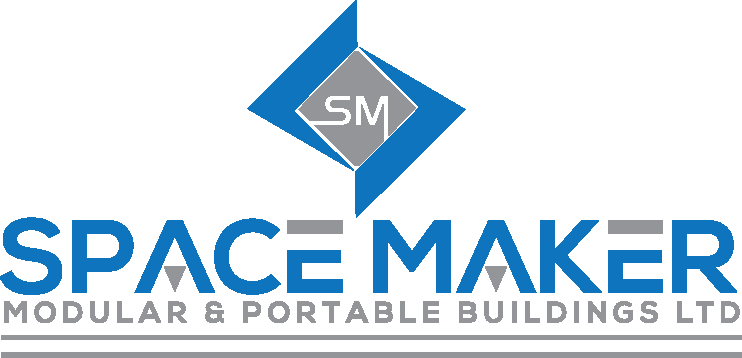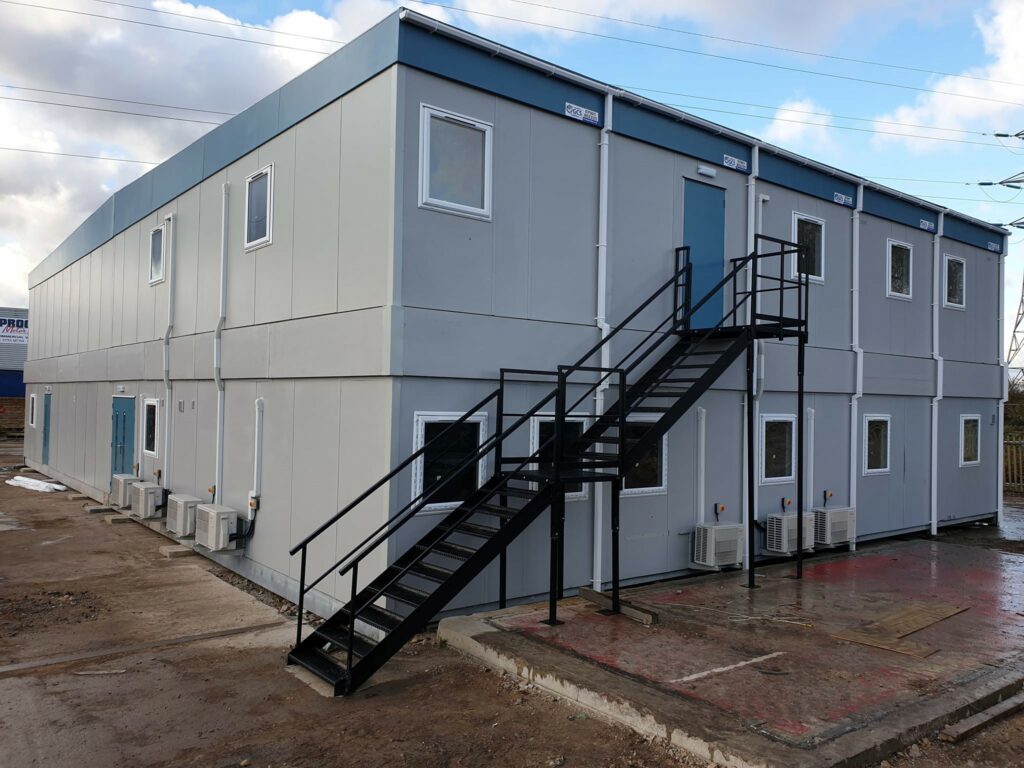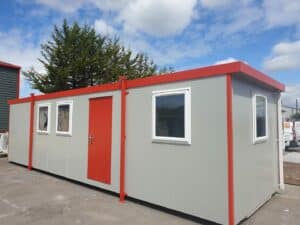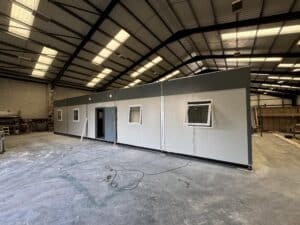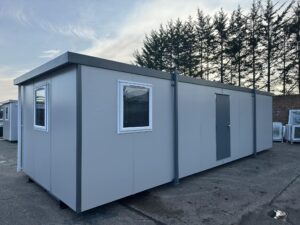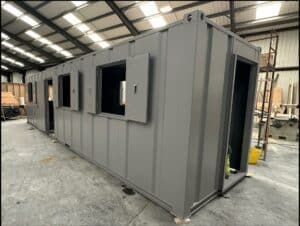When planning a new construction project, one of the key decisions you’ll face is whether to opt for Modular Buildings or Traditional Building methods.
Both approaches have their unique advantages, but understanding the differences can help you make an informed choice. At Spacemaker, we believe in providing clear, concise information to help you choose the best building solution for your needs.
Speed of Construction
One of the most significant advantages of Modular Buildings is the speed of construction. Our Modular Buildings are constructed in our controlled factory located in Hull. Meaning that site preparation and building construction can occur simultaneously. This parallel process can reduce construction time by up to 50% compared to traditional methods.
In contrast, traditional buildings require a sequential construction process, where each phase must be completed before the next begins. This often leads to longer project timelines, especially when dealing with unpredictable weather conditions or site-related delays.
Cost Efficiency
Cost is a critical factor in any construction project. Modular Buildings offer substantial cost savings through the efficient use of materials and reduced labour costs. The factory-controlled environment ensures minimal waste and lower costs associated with on-site labour. Furthermore, the faster construction time translates to reduced financing costs and earlier occupancy.
Traditional Buildings, while sometimes seen as a more familiar option, can incur higher costs due to extended build times, increased labour requirements, and potential weather-related delays.
Additionally, the traditional construction process often involves more material waste, which can further drive up costs.
Quality and Durability
At Spacemaker our Modular Buildings are constructed using high-quality materials and follow a precise manufacturing process. Each module is built to meet rigorous standards, ensuring durability and long-term performance. The controlled environment of the factory also protects building materials from weather damage during construction, which can enhance the overall quality.
Flexibility and Customisation
Flexibility is another area where Modular Buildings excel. They can be easily expanded, reconfigured, or relocated to meet changing needs. This adaptability makes Modular Buildings an excellent choice for businesses or institutions anticipating growth or needing temporary structures.
Traditional Buildings, while customisable during the design phase, are generally less flexible once construction is complete. Any modifications or expansions typically require significant time and expense.
Environmental Impact
Sustainability is increasingly important in construction. Modular Buildings are designed with sustainability in mind. The factory-based construction process minimises waste, and many Modular Buildings incorporate energy-efficient designs and materials. Additionally, the reduced construction time and lower transportation needs result in a smaller carbon footprint.
Traditional Buildings can also be built sustainably, but the process often involves more waste and energy consumption. Efforts to make traditional construction more environmentally friendly typically require additional time and expense.
Choosing between Modular Buildings and Traditional Buildings depends on your specific needs, budget, and timeline.
Modular Buildings offer speed, cost efficiency, high quality, flexibility, and sustainability. Traditional Buildings provide a time-tested approach with the potential for high durability and customisation.
At Spacemaker, we are here to help you navigate these options and deliver the best building solution for your project. Contact us today to discuss how we can support your Modular Building needs.
